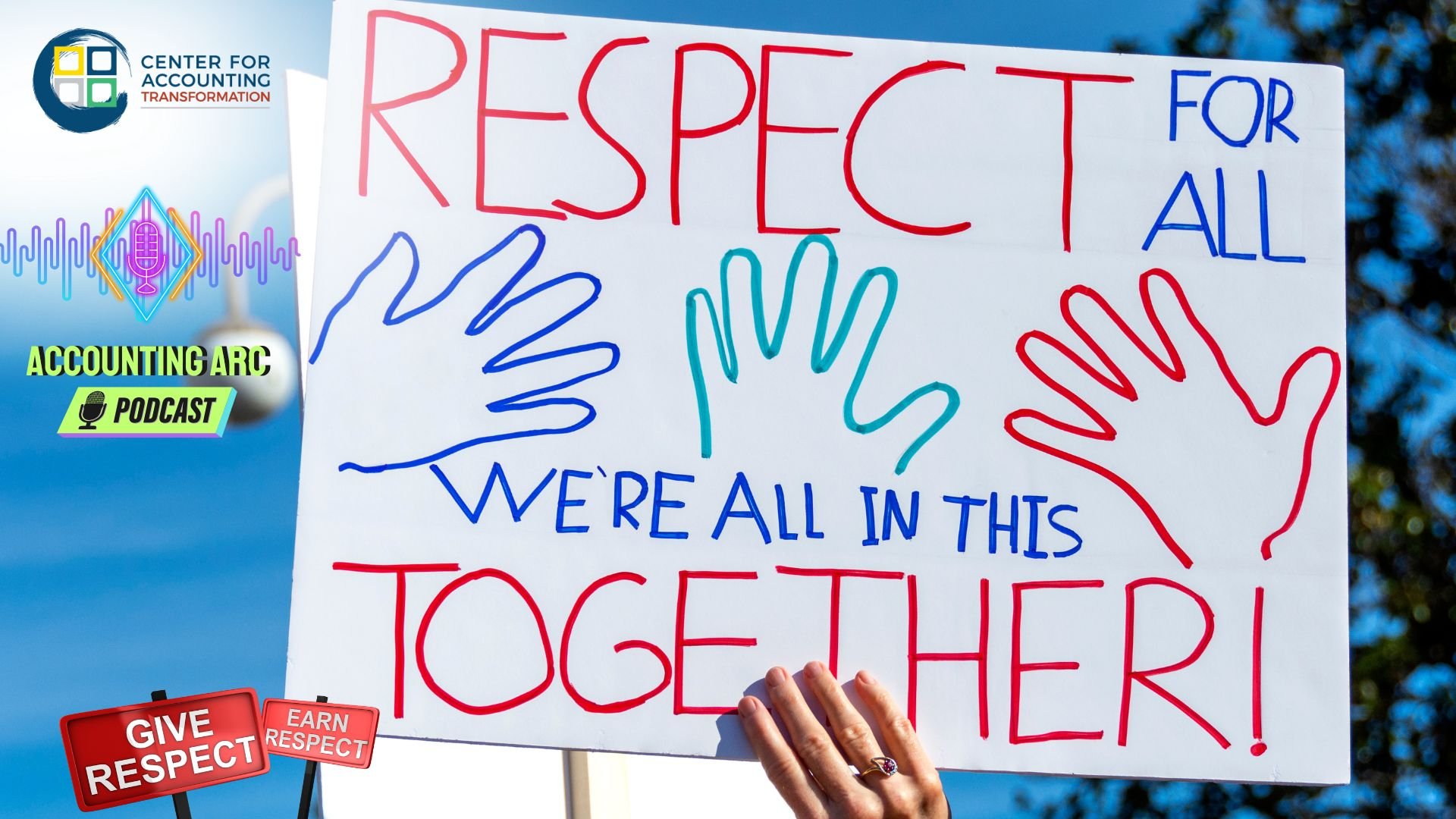0
Work-Life Whiplash? It’s Time to Draw the Line.

Setting boundaries isn’t selfish. It’s strategic.
In this episode of Accounting ARC, the hosts dive deep into defining, defending, and communicating personal and professional boundaries.
Burnout isn’t a badge of honor. It’s a red flag that your boundaries may be getting crossed—and in the accounting profession, where busy season culture and client demands often override personal needs, this conversation is long overdue.
In a revealing episode of Accounting ARC, hosts Liz Mason, CPA; Donny Shimamoto, CPA.CITP, CGMA; and Byron Patrick CPA.CITP, CGMA, talk candidly about what healthy boundaries really look like—and why they matter. From calendar blocks to ethical deal-breakers, their insights blend emotional intelligence with practical advice.
Time Is the First Battleground
“Time boundaries are easy to define but hard to enforce,” says Patrick, CEO of VERIFYiQ and co-founder of TB Academy. Whether it’s protecting focus blocks, declining last-minute calls, or reminding colleagues that 3 p.m. means school pickup—not Zoom—time management is personal and powerful.
Mason, CEO of High Rock Accounting, emphasizes that communicating these needs is essential: “It’s not just about setting a boundary—it’s about making that line visible to others.”
Boundaries Aren’t Excuses
The trio pushes back on the trend of misusing “boundaries” to avoid core responsibilities. “Setting a healthy boundary doesn’t mean refusing to do your job,” says Shimamoto, founder and managing director of IntrapriseTechKnowlogies LLC and founder and inspiration architect for the Center for Accounting Transformation. “It means finding alignment between what’s expected of you and how you function best.”
Mason adds, “The company has boundaries too. And if those boundaries don’t work for you, you have a choice—adjust, communicate, or move on.”
From Triggers to Self-Awareness
One of the most thought-provoking segments centers on self-awareness as the gateway to better boundary-setting. Whether you hate mornings or can’t concentrate in noisy spaces, knowing your own limits is the first step to communicating them.
And it’s not just reactive. “Look at what makes you happy and what makes you effective,” Shimamoto advises. “Then build boundaries that support those moments.”
It’s Not Just You—It’s Culture
From work-from-home (WFH) challenges to hybrid communication misfires, workplace culture plays a key role in respecting boundaries. Patrick explains, “If you don’t make your boundaries known, they won’t be respected. You have to take ownership.”
Bottom line? Better boundaries make better business culture.
Don’t miss an episode. Be sure to SUBSCRIBE below:

















